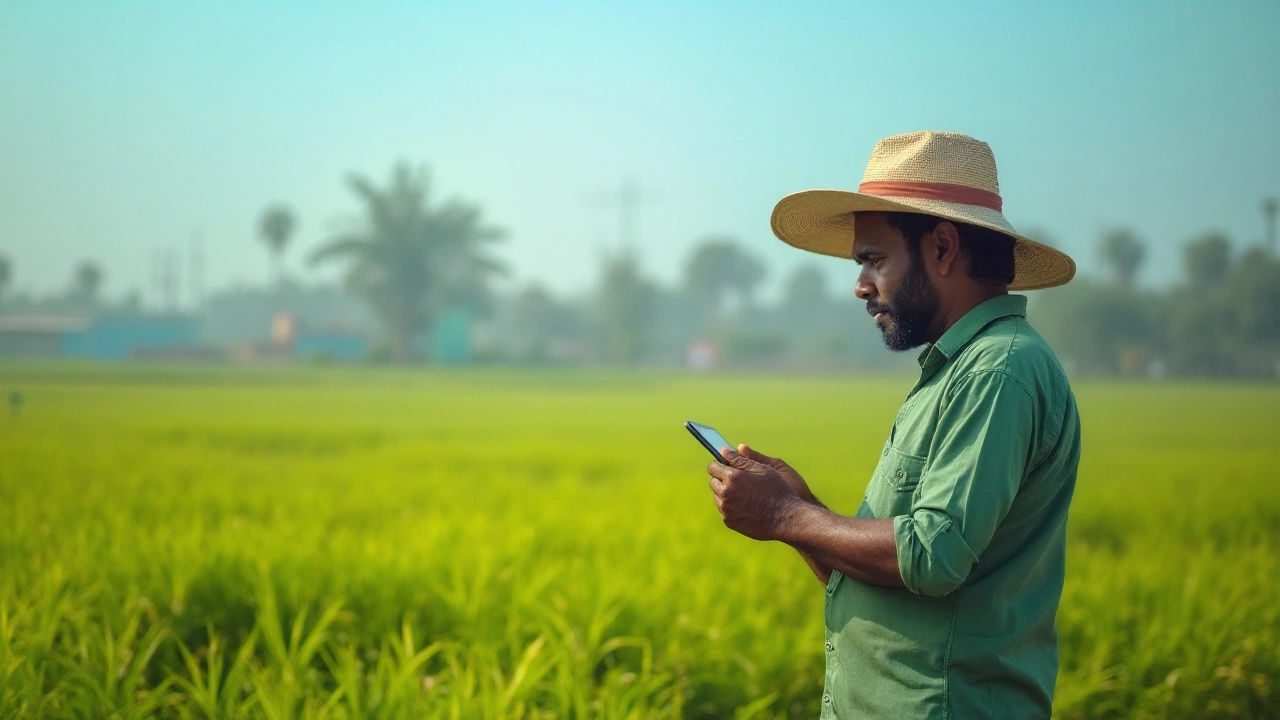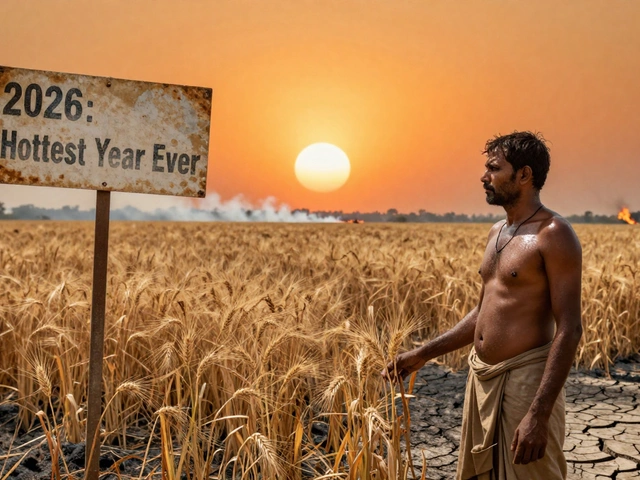Agricultural Science Careers: Jobs, Salaries, and Real Paths in India
When you think of agricultural science careers, careers that apply scientific methods to improve farming, food production, and land use. Also known as agronomy, it’s not just about growing crops—it’s about fixing broken systems, using data, and building tools that help farmers feed millions. In India, where over 50% of the workforce still depends on agriculture, these careers aren’t optional—they’re essential. From labs in Pune to fields in Punjab, people with degrees in plant biology, soil science, and agri-engineering are solving problems no one talks about: why seeds fail, how to store harvests without rot, and how to make farms resilient to climate shocks.
These jobs don’t happen in isolation. They connect directly to biotechnology in agriculture, the use of genetic tools, microbes, and data to improve crop yields and reduce chemical use. Think CRISPR-edited rice that resists drought, or AI-powered apps that tell farmers exactly when to water. This isn’t science fiction—it’s happening now in ICAR labs and startups across Karnataka and Haryana. Then there’s farm technology, the machinery, sensors, and digital platforms that turn traditional farming into precision operations. Drones that map crop health, soil sensors that send alerts to phones, and blockchain systems that track organic produce from field to market—these are the tools reshaping who gets hired and what skills matter.
Salaries? They vary. A fresh graduate in agronomy might start at ₹3 lakh a year in a government research post. But someone with skills in bioinformatics or drone data analysis can hit ₹8–12 lakh in private agri-tech firms. The real payoff isn’t just money—it’s impact. You could design a low-cost irrigation system for smallholders in Odisha, develop disease-resistant pulses for Bihar, or build a mobile app that helps women farmers access market prices. These aren’t side projects—they’re core roles in companies and institutions that actually fund research.
You won’t find these jobs by just applying to "agriculture department" listings. Look for roles in agri-input companies, food processing firms, rural tech startups, and public research bodies like ICAR or NABARD. The best candidates don’t just know plants—they know how to talk to farmers, interpret satellite data, and explain complex science in simple terms. That’s why so many posts here focus on collaboration, communication, and real-world adoption—because science that doesn’t reach the field is just data on a screen.
What follows is a collection of real stories and insights from people working at the intersection of science and soil. You’ll find how researchers get paid, what tech is actually being used on farms, and how biotechnology is changing what it means to be an agricultural scientist today. No fluff. Just what’s working, who’s doing it, and how you can join them.





